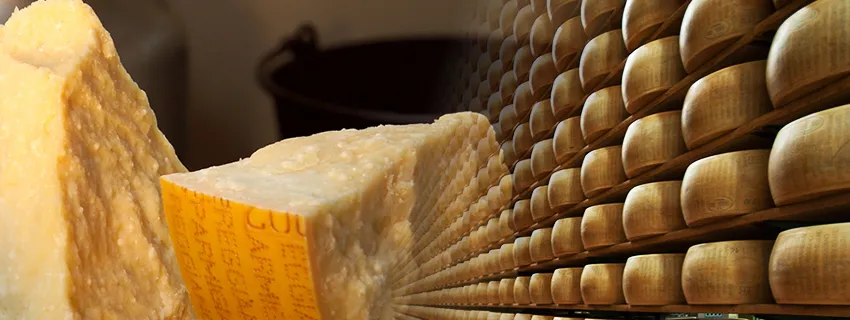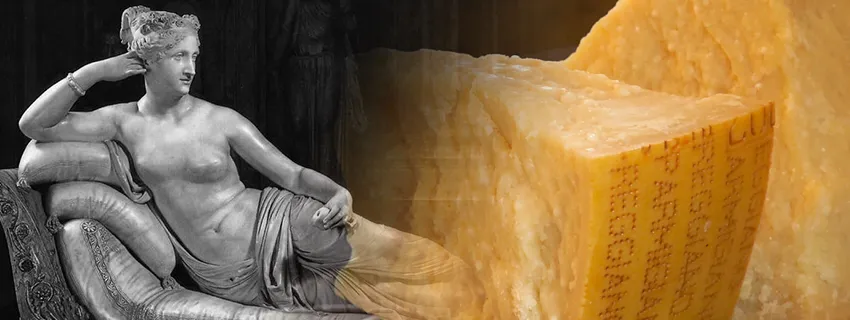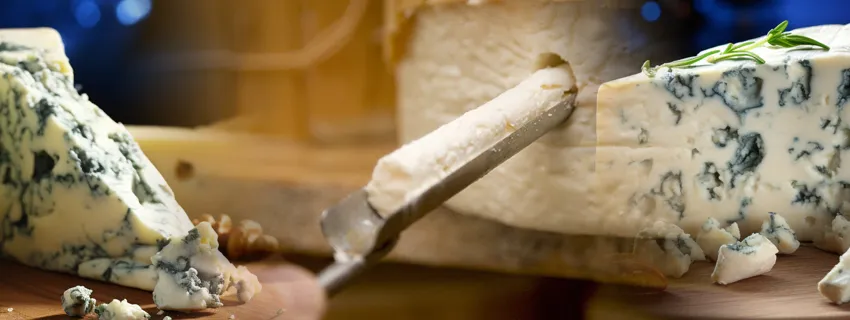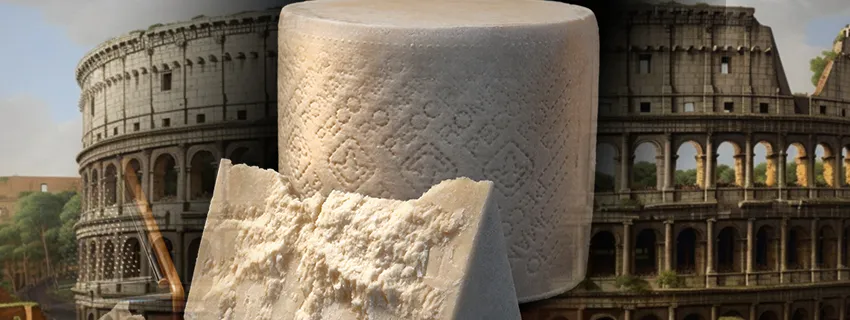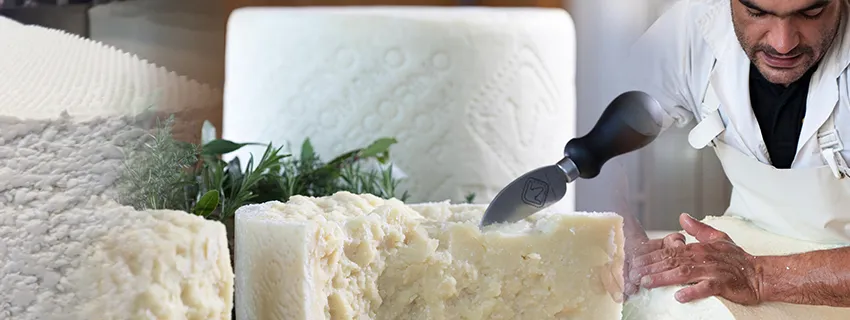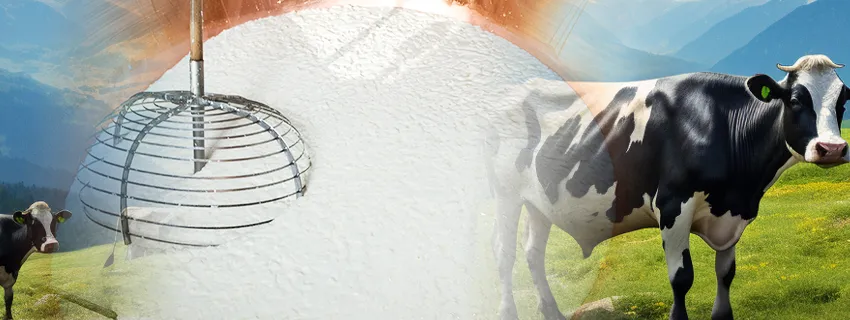Published:
Author: Antonio Maria Guerra
Italian Cheeses
The Most Typical Specialties

Welcome! This section of WebFoodCulture is dedicated to the most typical Italian cheeses. We will explain what makes them so special and inimitable, starting with their history and places of origin, all seasoned with a large number of curiosities. Finally, we will discover their most traditional producers, thanks to which it will be possible to savor the most authentic taste of these delicacies. Enjoy the reading!
Buffalo Mozzarella is a kind of cheese produced, as it’s easy to understand from the name, with buffalo milk: it’s quite different from ‘Fior di Latte’, another type of mozzarella which is made with cow’s milk instead. Originally from the Campania region (located in Southern Italy), this famous specialty belongs to the category of stretch-curd cheeses (formaggi a ‘pasta filata’), prepared by heating the curd which, this way, becomes elastic.
(read more)
Origin: Campania Typology: Cheeses
Last update
It’s not possible to understand the value of Pamigiano Reggiano, the original Parmesan cheese, without knowing its history, which spans more than 900 years, its places and its top quality ingredients.
(read more)
Origin: Emilia-Romagna
Typology: Cheeses
Parmigiano Reggiano, also known outside Italy as ‘Parmesan’, is a ‘hard paste’ cheese, characterized by low water content and an aging period that can vary from a minimum of 12 months to well over 30.
(read more)
Origin: Emilia-Romagna
Typology: Cheeses
In this article we will show you how Buffalo Mozzarella, the ‘White Gold’ of Campania, is made. A procedure whose origins date back to the Middle Ages, handed down for generations and used still today by the most traditional producers of this dairy specialty. (read more)
Origin: Campania
Typology: Cheeses

Although there is no scientific evidence for this, Parmigiano Reggiano is often considered a type of food with aphrodisiac properties. A possible explanation for this probably lies in the presence in this cheese of a particular type of amino acid indirectly linked to sexual desire. (read more)
Italian cheeses: Gorgonzola.
‘Gorgonzola’ is a ‘blue cheese’ produced using a particular technique that induces the formation of edible molds inside the paste. Most probably the birth of the specialty dates back to the ninth century, in a territory that for some scholars would coincide with the current province of Milan, for others with that of Lecco (both these cities are located in the Italian region of Lombardy). (read more)
Origine: Lombardy Tipologia: Cheeses
How is Gorgonzola made?
Let’s find out the production method used for Gorgonzola: the Italian blue cheese famous for its taste and its color. (read more)
Origine: Lombardy
Tipologia: Cheeses
The origins of Pecoino Romano, as its name suggests, are closely connected to the historic city of Rome and, more in general, to Lazio Region. Not surprisingly, it’s the fundamental ingredient in most of the most typical specialties from this territory. (read more)
Origin: Lazio / Sardinia
Typology: Cheeses
Nowadays a great part of the production of Pecorino Romano takes place in the Italian region of Sardinia. This hard cheese, made with fresh sheep’s milk, stands out for its strong flavor, characterized by a delicious sapidity. (read more)
Origin: Lazio / Sardinia
Typology: Cheeses
It’s fascinating to find out that Sir Winston Churchill, the famous English politician, was an enthusiast of Gorgonzola. It is said that his love for this cheese was so great that he prohibited the bombing of the small town of Gorgonzola (and its dairies) during the Second World War.
(read more)
The birth of Lambrusco is closely related to the evolution of the wild vine (‘Vitis Silvestris’) in the territory corresponding to the current provinces of Modena, Reggio Emilia, Parma (in the Emilia-Romagna region) and Mantua (in the Lombardy region). Not surprisingly, the first written evidences about this plant and its domestication for the production of wine can be found in the works of Cato, Varro, Pliny the Elder and Virgil. (read more)
Origin: Asiago Plateau (Veneto) Typology: Cheeses
Asiago cheese, one of the most popular Italian dairy specialties, is the fruit of a millenary tradition. Let’s find out how it’s produced, starting from the milk up to its aging. (read more)
Origin: Asiago Plateau (Veneto)
Typology: Cheeses
Copyright information.
To get copyright information about the images on this page, please refer to the copyright section of each article.


